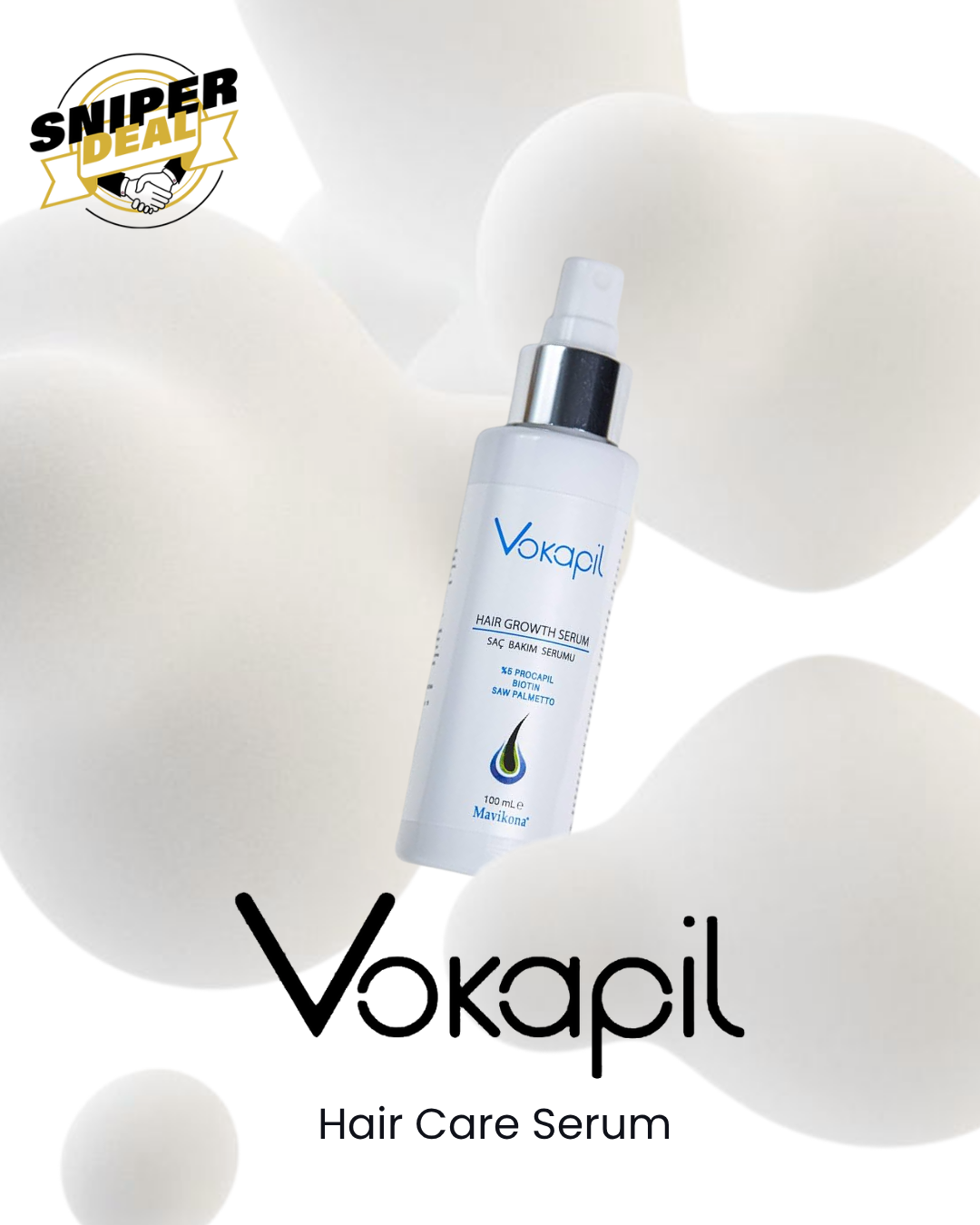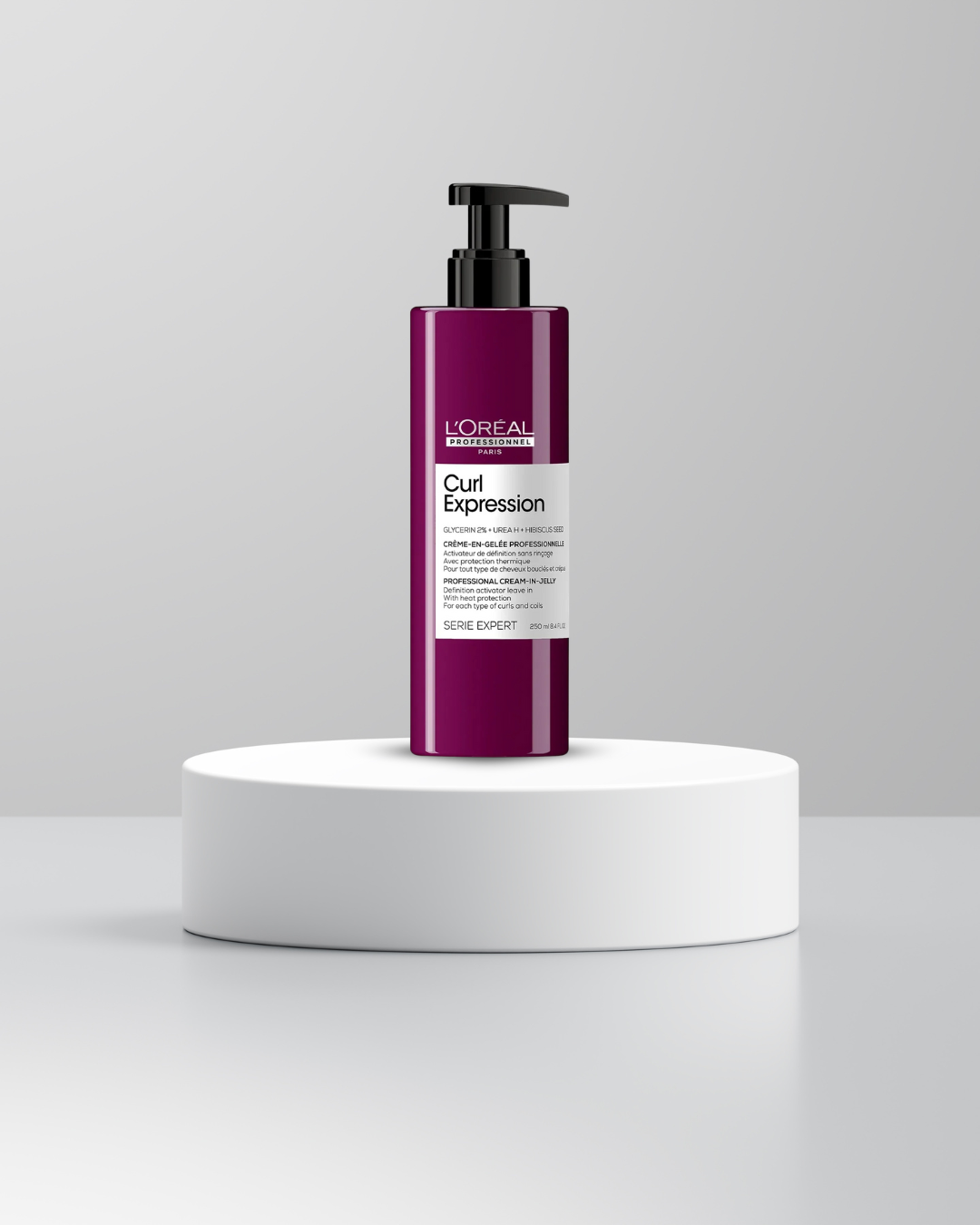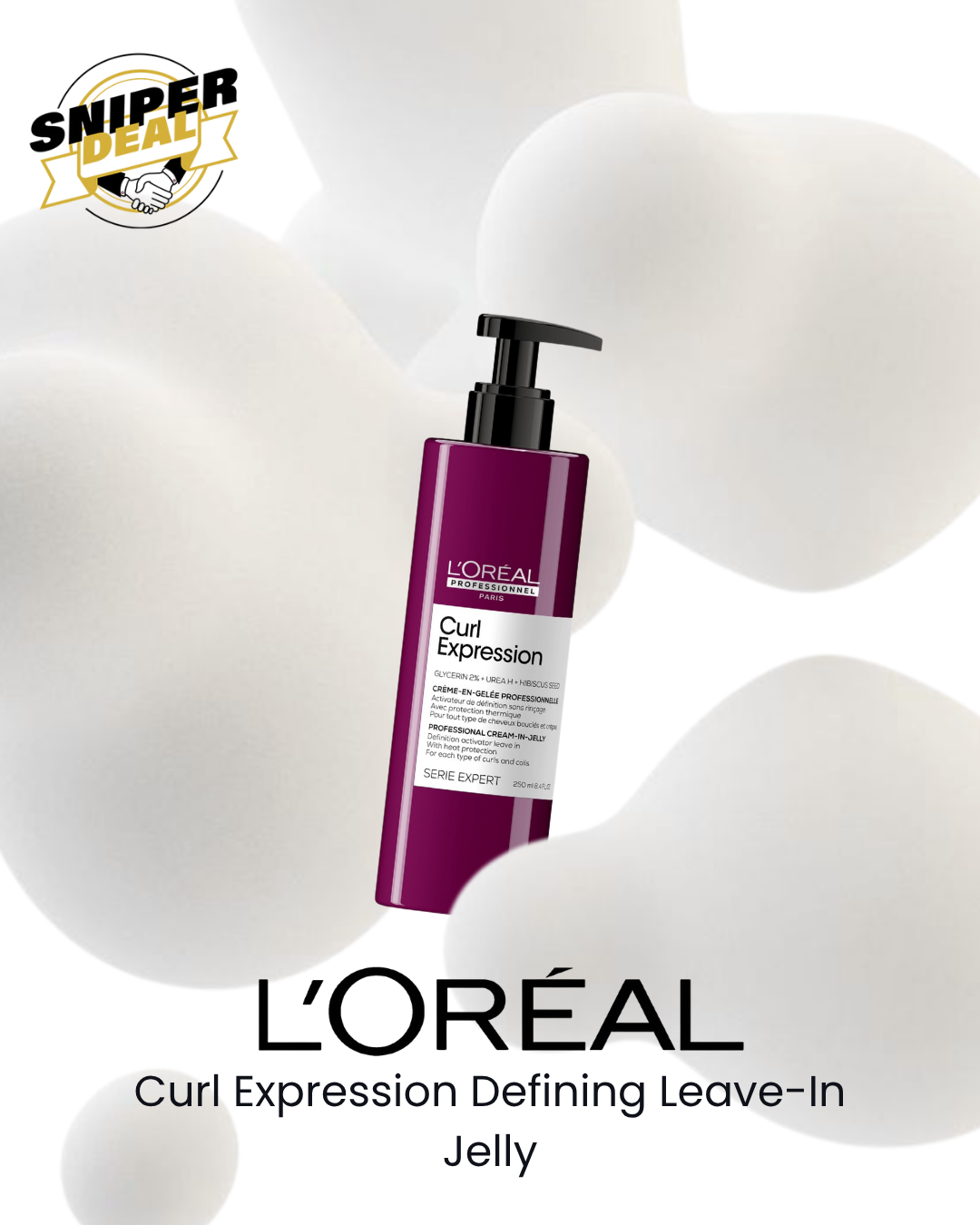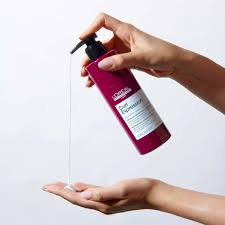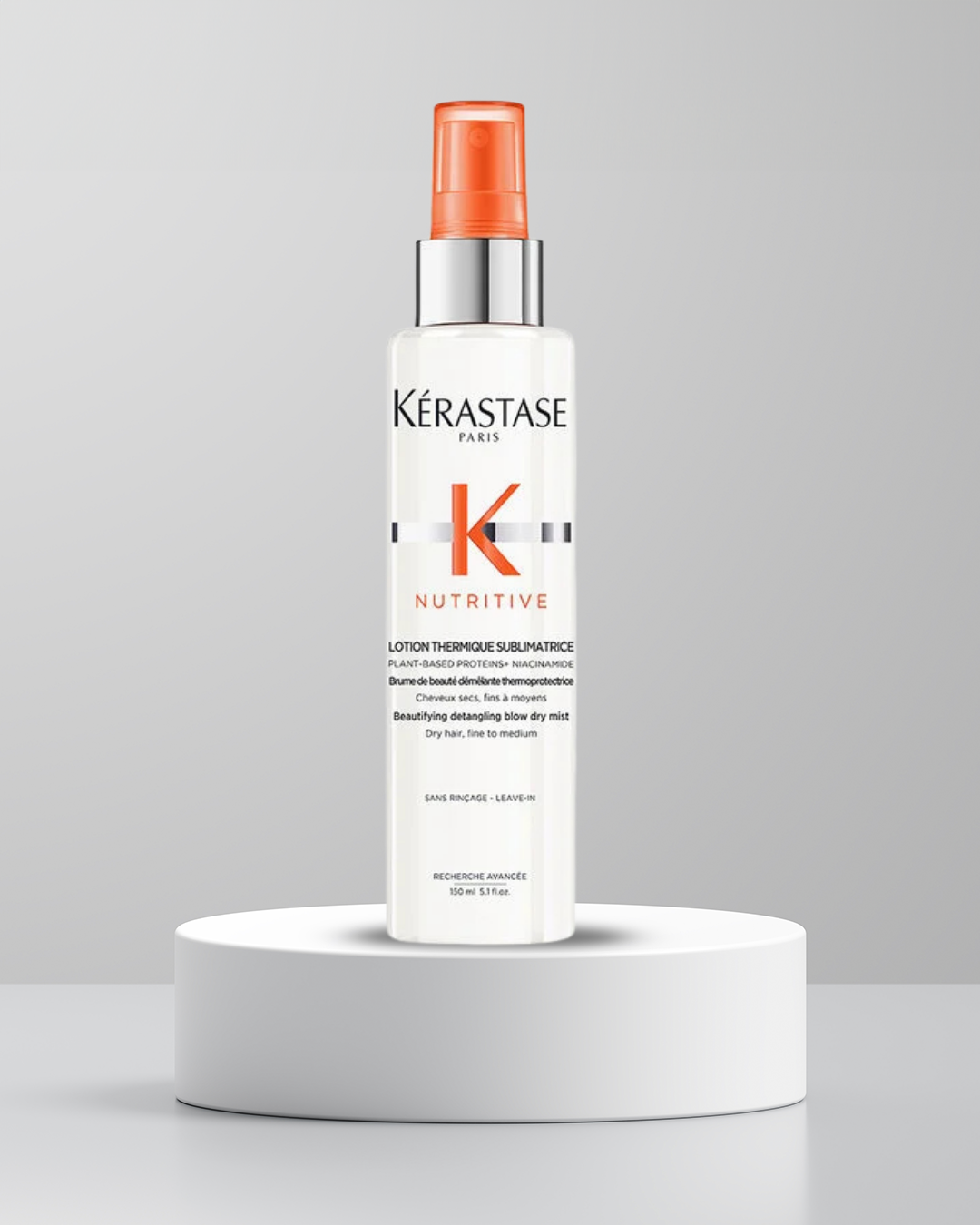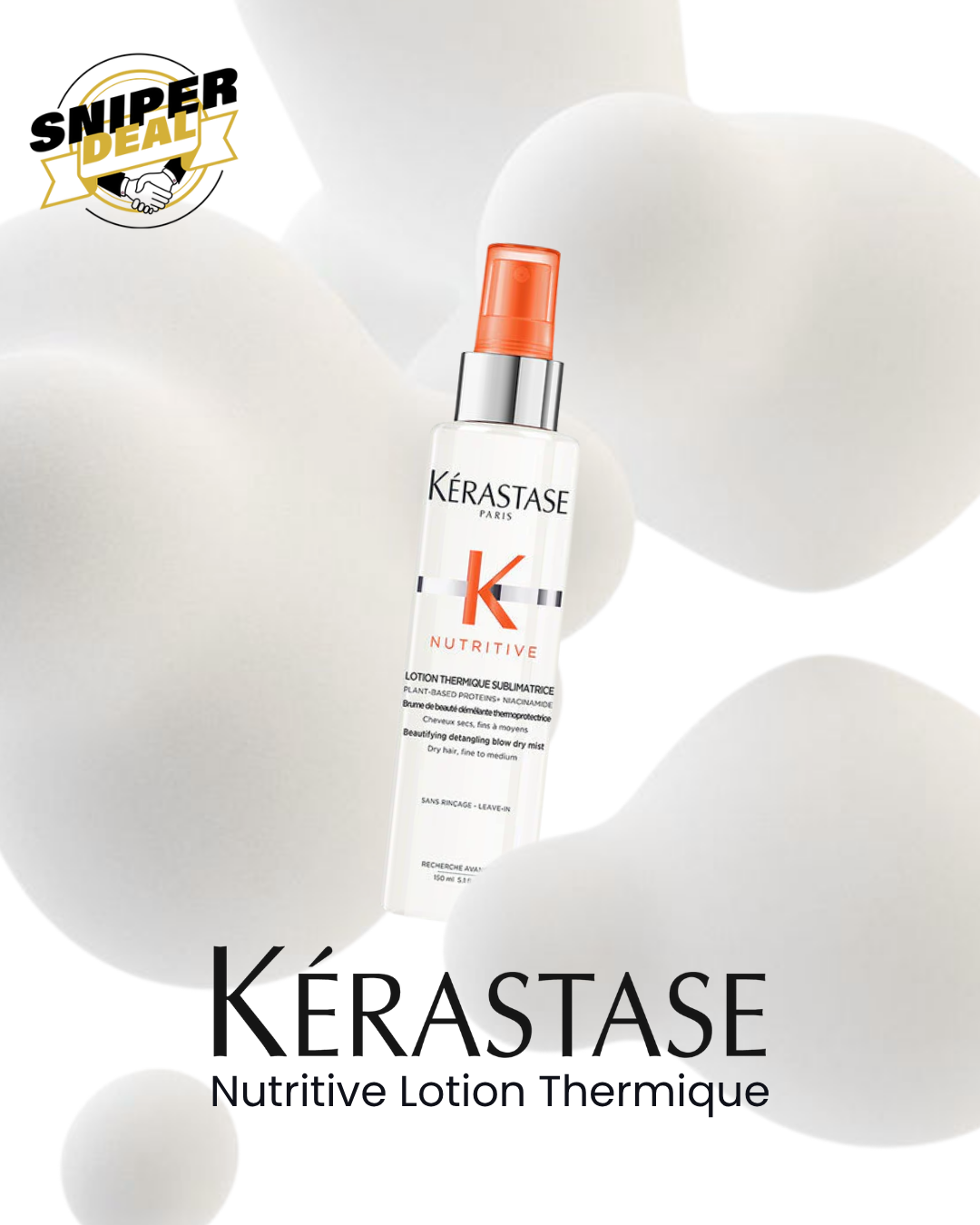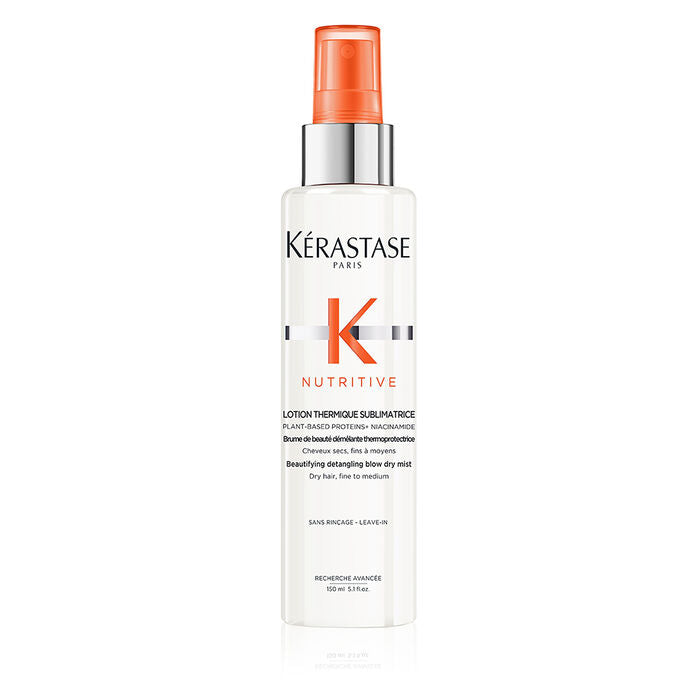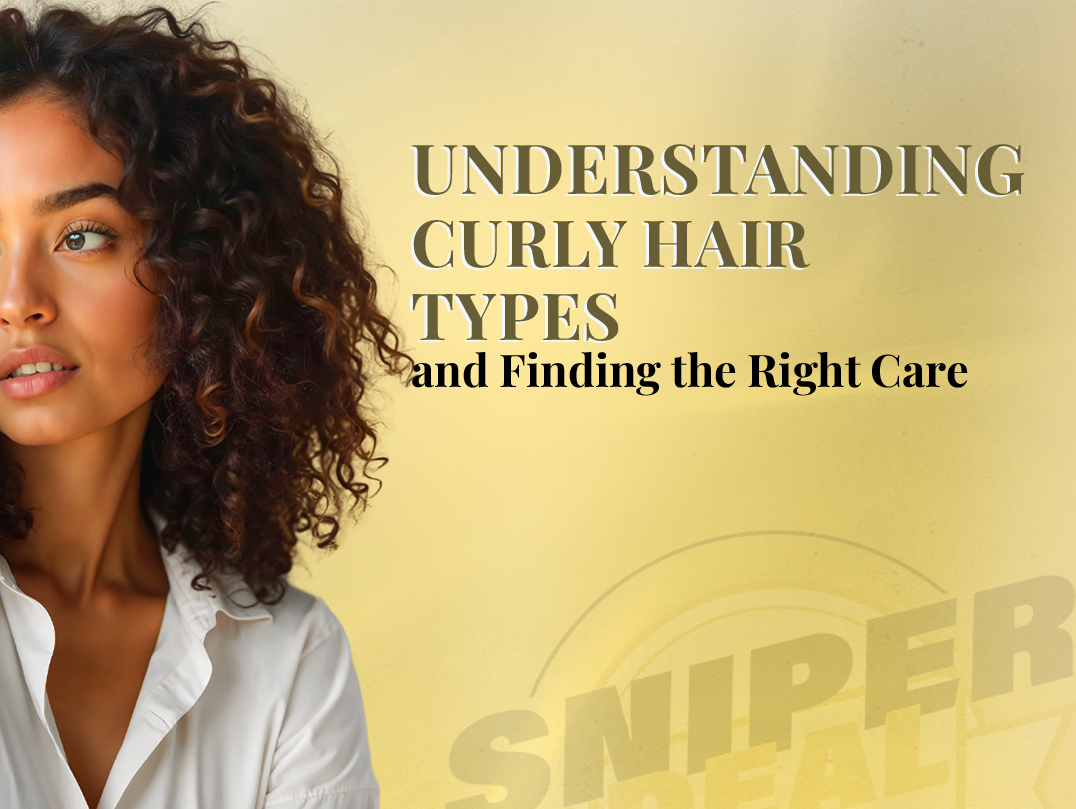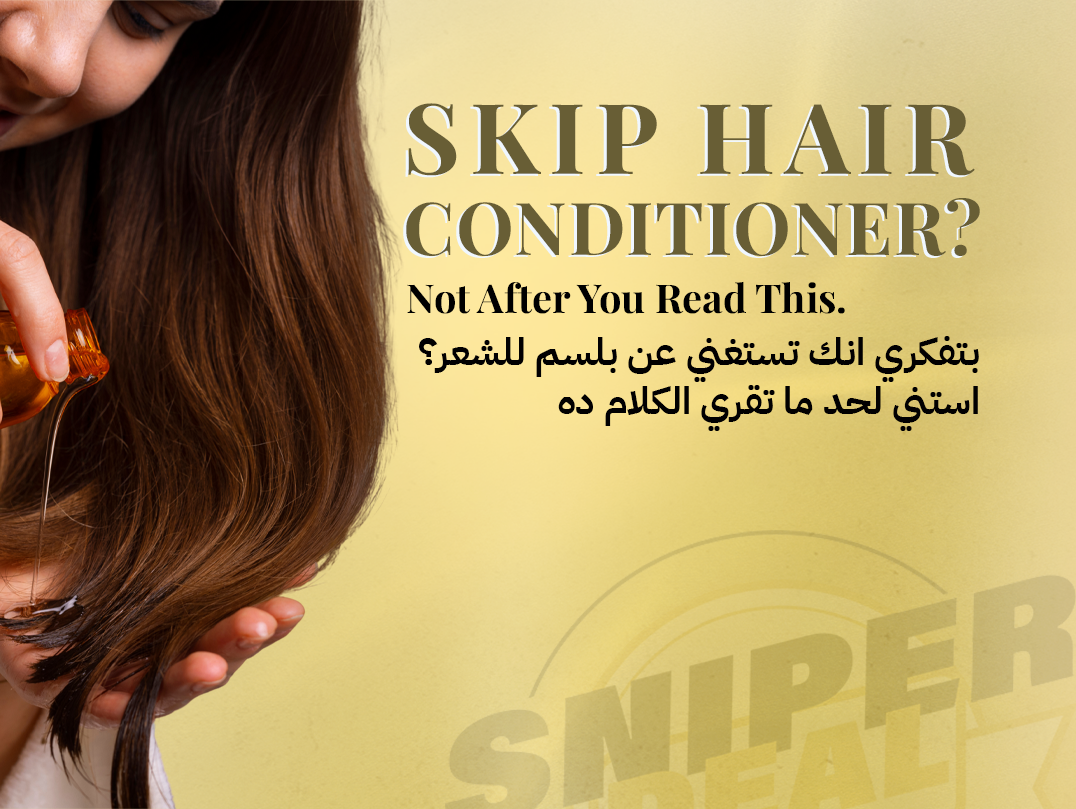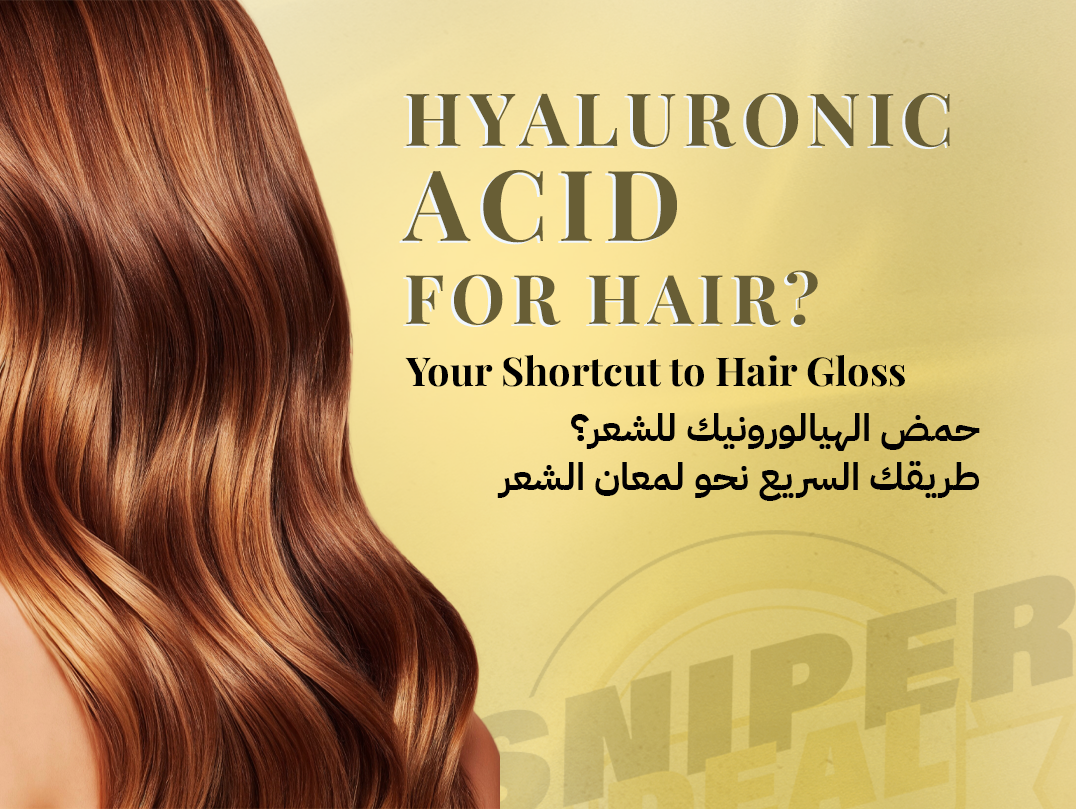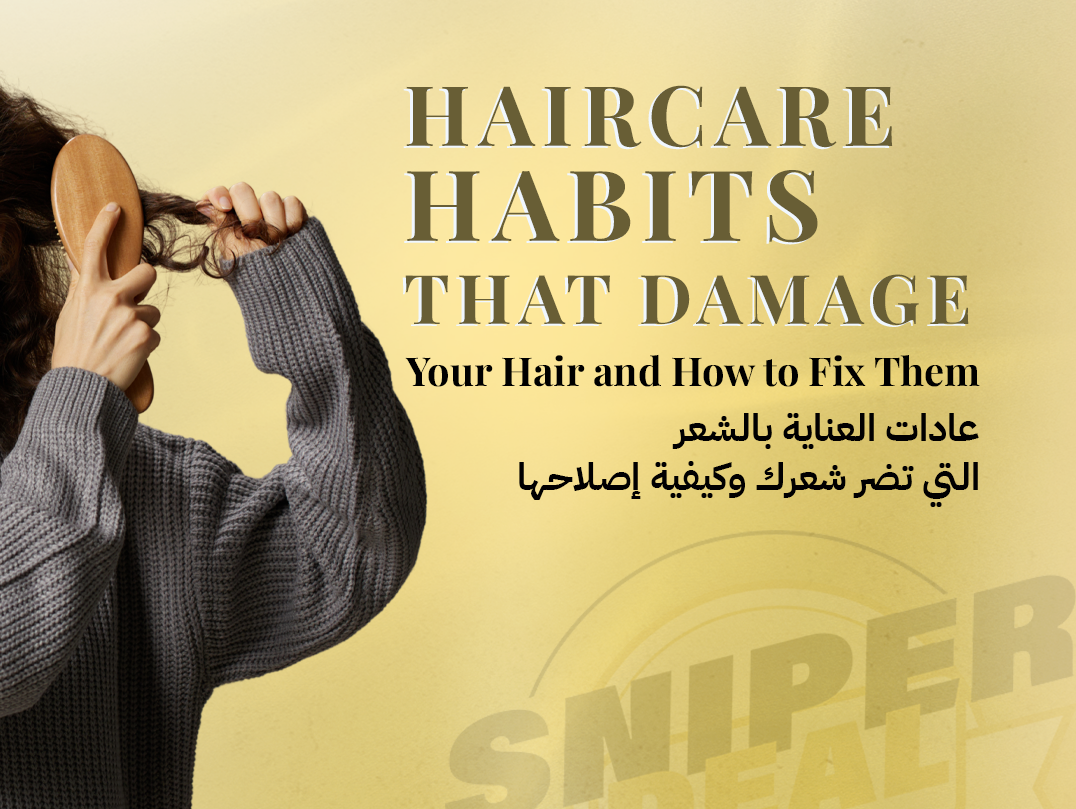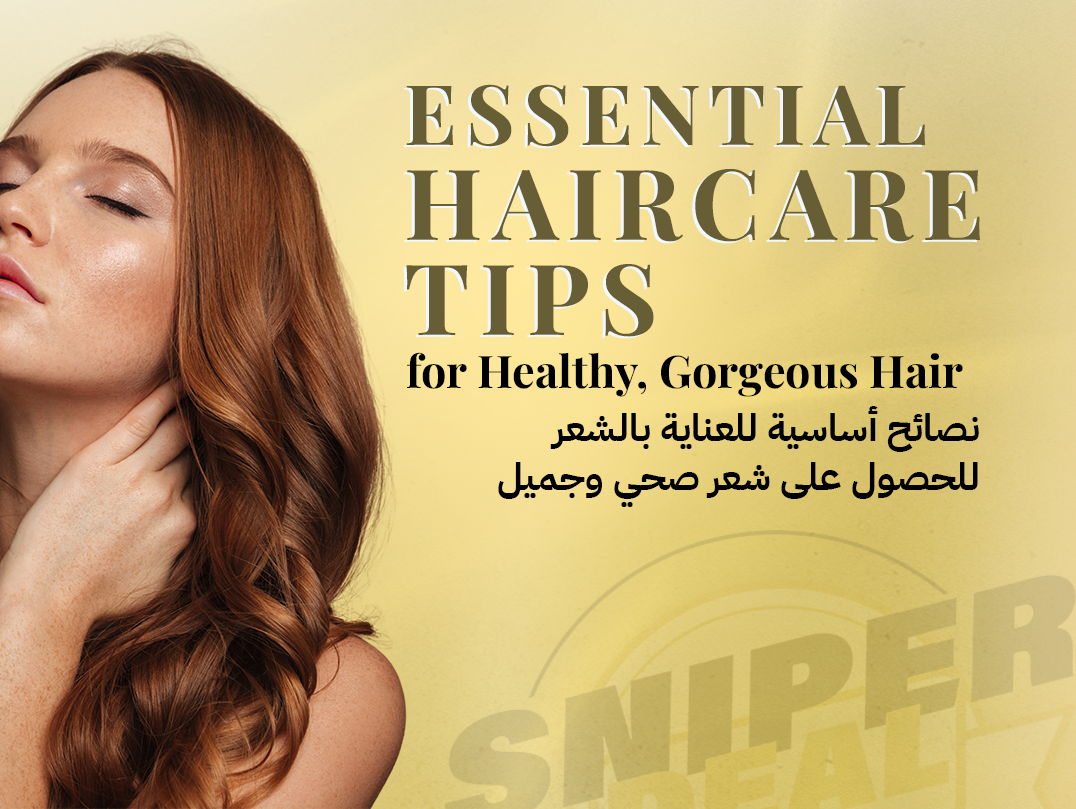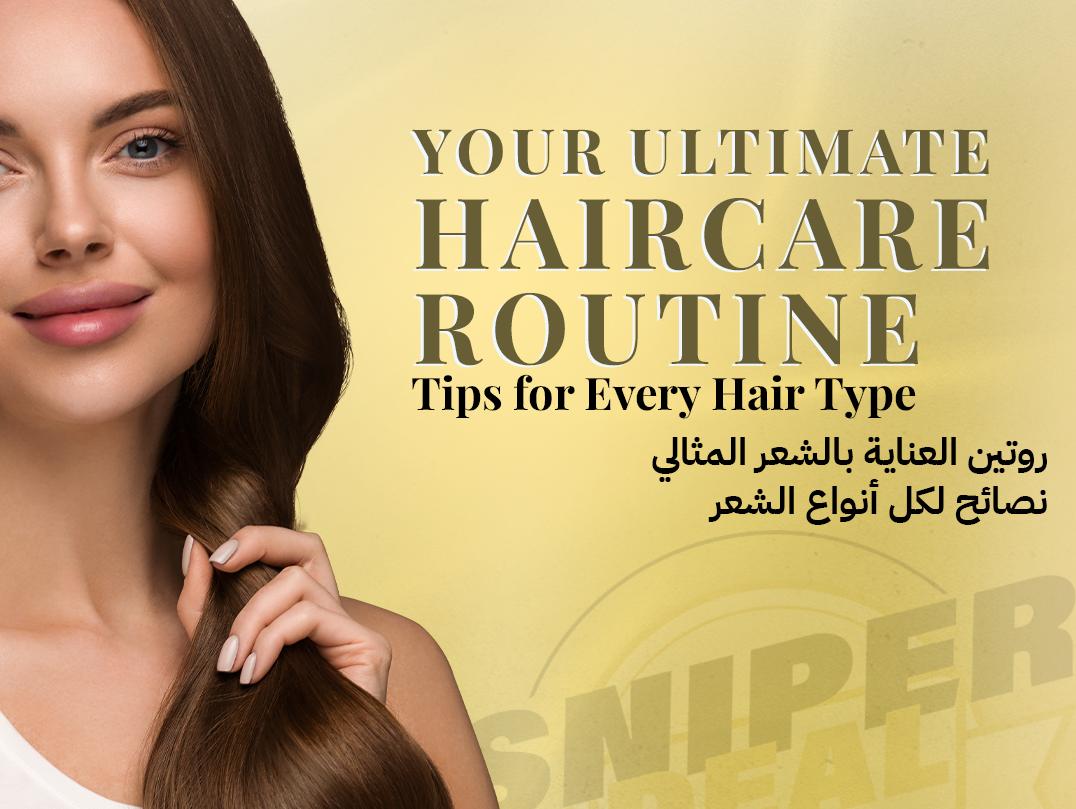If you’re lucky enough to have been born with curly hair, you already know that it comes with its own set of beauty and maintenance needs. Achieving the healthiest, most vibrant curls requires understanding your specific curly hair type and choosing the best techniques and curly hair products tailored for it.
Each head of curls is unique, and the right curly hair care depends heavily on your personal curl pattern and texture. Hydration, styling, and maintenance techniques can vary greatly between different curly hair types. Knowing your curl type is the first step towards achieving the luscious, bouncy curls you deserve.
In this guide, we’ll walk you through the different curly hair types, their characteristics, and how to properly care for your specific texture using the best curly hair products. Get ready to transform your hair care routine and love your curls like never before!
What Are the Different Types of Curly Hair?
When talking about hair types, experts generally categorize hair textures into four broad groups:
• Type 1: Straight Hair
• Type 2: Wavy Hair
• Type 3: Curly Hair
• Type 4: Coily Hair
Within these main categories, each curly hair type is further broken down into subgroups: A, B, and C. These subcategories describe the size and tightness of your curl pattern, ranging from loose (A) to very tight (C).
Understanding these differences is crucial because each curly hair type has its own set of needs when it comes to curly hair products, moisture retention, styling, and frizz control.
How to Identify Your Curly Hair Type
The main differences between wavy, curly, and coily hair are seen in:
• Curl Pattern: Shape of the curl (S-shaped waves, spirals, or zigzags)
• Porosity: How well hair absorbs moisture
• Density: Number of hair strands on the scalp
• Strand Thickness: Diameter of individual hair strands
Let’s dive into the specifics of each curly hair type to help you determine where you fall!
Wavy Hair (Type 2)
Wavy hair represents the beautiful middle ground between straight and curly textures. It often falls flat at the roots and develops a soft “S” shape along the lengths.
Characteristics of Wavy Hair:
• Naturally tousled, with a light, effortless look
• Can easily become weighed down with heavy curly hair products
• Prone to frizz, especially in humid weather
Subtypes of Wavy Hair:
• Type 2A: Fine, loose waves with little volume at the roots. Lightweight curly hair products are perfect for enhancing natural movement without heaviness.
• Type 2B: Defined S-shaped waves that form naturally throughout the hair, requiring a balance of moisture and frizz control.
• Type 2C: The most defined wave type, featuring thicker, more pronounced S-shapes that can sometimes form loose spirals.
Wavy hair benefits most from light styling creams, mousses, and anti-frizz serums designed specifically for curly hair types.
Curly Hair (Type 3)
Curly hair boasts beautiful, springy, and voluminous spirals that can range from loose ringlets to tight corkscrews. It’s one of the most celebrated curly hair types, but also one of the most maintenance-heavy.
Characteristics of Curly Hair:
• Naturally voluminous and bouncy
• Prone to frizz if moisture levels drop
• Requires hydration-focused curly hair products for best results
Subtypes of Curly Hair:
• Type 3A: Loose, shiny curls that resemble large, soft spirals. These curls benefit from lightweight gels and leave-in conditioners.
• Type 3B: Tighter, springier curls with more volume and a tendency towards dryness. Rich creams and curl-enhancing products help define these curls.
• Type 3C: Tight, corkscrew curls that are densely packed together, creating a lot of natural texture. Deep moisturizers and defining butters are excellent curly hair products for this type.
To enhance your curly hair, it’s crucial to avoid heavy silicones and drying alcohols that can strip away much-needed moisture.
Coily Hair (Type 4)
Coily hair, sometimes referred to as kinky or afro-textured hair, features very tight curl patterns that can resemble small coils or sharp zigzags. This curly hair type has the most shrinkage but also the most volume.
Characteristics of Coily Hair:
• Extremely tight curls or zigzags
• Highly prone to dryness
• Needs intense moisture and gentle handling to avoid breakage
Subtypes of Coily Hair:
• Type 4A: Defined, tight coils with visible curl patterns. Creamy leave-ins and hydrating stylers work best.
• Type 4B: “Z” shaped, less defined curls that zigzag sharply. Heavier creams and rich butters help retain moisture.
• Type 4C: Very tight, densely packed coils with the most shrinkage. Needs maximum hydration, frequent deep conditioning, and protective styling.
Deep conditioning masks, nourishing oils, and curly hair products specially formulated for high-moisture retention are essential for maintaining coily hair health.
The Best Way to Care for Your Curly Hair
Regardless of your specific curly hair type, a few golden rules apply across the board:
• Hydrate, hydrate, hydrate: Moisture is the backbone of healthy curls.
• Use the right curly hair products: Choose products tailored to your curl type and avoid harsh sulfates, parabens, and drying alcohols.
• Gentle drying: Always use a microfiber towel or cotton T-shirt to gently blot your hair dry.
• Avoid heat when possible: Let your curls air-dry naturally or use a diffuser on low heat.
Investing in high-quality curly hair products designed for your specific texture can completely change your relationship with your curls leading to better definition, less frizz, and more shine.
Why Choosing the Right Curly Hair Products Matters
Finding the right curly hair products isn’t just a luxury, it’s a necessity for maintaining healthy, beautiful curls. Products that are too heavy can weigh down wavy hair, while products that aren’t moisturizing enough can leave coily hair brittle and frizzy.
Look for ingredients like:
• Shea Butter
• Aloe Vera
• Coconut Oil
• Glycerin
• Silk Proteins
Choosing products specifically formulated for your curly hair type will ensure you get the most definition, bounce, and hydration possible.
Final Thoughts:
Your curly hair is as unique as you are. Whether your strands form soft waves, lively curls, or bold coils, the key to showing them off is understanding your specific curly hair type and selecting the right curly hair products for care and styling.
Taking the time to learn what your curls need can lead to healthier, more manageable hair that radiates beauty every day. Celebrate your curls, nourish them properly, and let your natural texture shine like never before!


